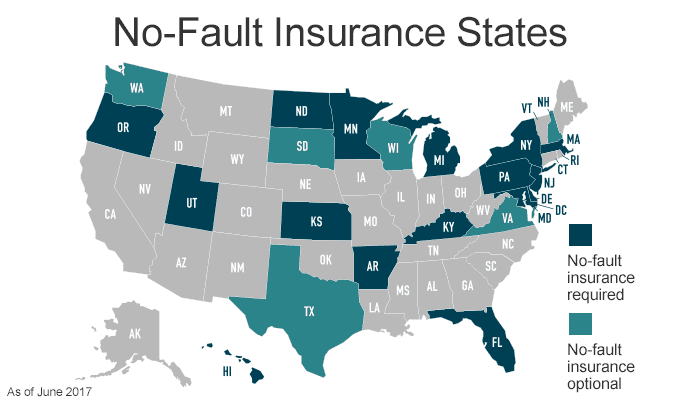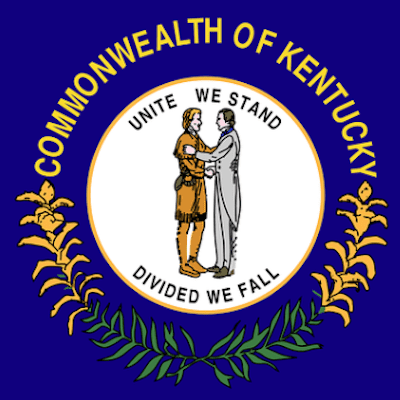Car accidents can be among one of the most stressful life events. Depending on the severity and the circumstances of an accident, car crashes can result in death or serious injury, a damaged or totaled vehicle, potential criminal or civil liability, and more. Car accidents often end in months or years of residual medical and other bills, as well as escalating insurance premiums. In an effort to protect drivers from civil liability and ballooning medical expenses in the aftermath of a car accident, Kentucky legislators enacted the Motor Vehicle Reparations Act in 1975, better known as the No-Fault Law. Keep reading to learn more about no-fault in Kentucky and what it means for you; if you’ve been injured in a Kentucky car accident, contact a dedicated personal injury attorney today to discuss your case.

Kentucky is known as a “no-fault” state because, according to Kentucky law, regardless of who is at fault in a car accident, drivers injured in a crash in Kentucky must initially file a claim with their own mandatory insurance and will receive coverage in accordance with its plan.
No-fault insurance statutes offer both advantages and disadvantages to drivers. To their advantage, drivers are protected from some claims of civil liability under no-fault law. In this system, claims are processed and paid out efficiently, and courts are not overburdened with litigation.
Personal Injury Protection
In Kentucky, no-fault insurance has two main components and major considerations for drivers. First, all motor vehicles in Kentucky (with the exception of motorcycles) must carry Personal Injury Protection coverage. Or PIP coverage. PIP coverage provides up to $10,000 per person per accident in coverage for medical expenses, lost wages, and other costs incurred due to injury. Residents can optionally choose to pay higher premiums to receive greater benefit amounts. Personal injury protection is “paid by the insurer of the vehicle in which the injured person is riding at the time of an accident… regardless of who was at fault in the accident.”
Limitation on Tort Rights
The second main part of Kentucky’s no-fault statute is its limitation on tort rights, or a person’s right to bring civil action. In Kentucky, registering or operating a motor vehicle means you have accepted limitations on your right to bring civil action, and to be sued yourself. According to the law, injured parties in a car accident cannot litigate unless their expenses exceed $1000, they broke a bone, were permanently disfigured or injured, or in the event of a death.
No matter what jurisdiction you are operating a vehicle, it’s important to be as cautious and careful as possible. A single mistake and a split second can change or end someone’s life. If you do live in Kentucky or another state with a no-fault insurance statute, make sure your vehicle is in compliance and is appropriately covered. If not, you could face stiff fines or potential criminal liability. If you or a loved one has been injured in a car accident, contact an experienced Kentucky personal injury attorney at Saladino & Schaaf today and find out whether or not you may have a valid claim. Don’t hesitate to call, the statute of limitations may be running out.


